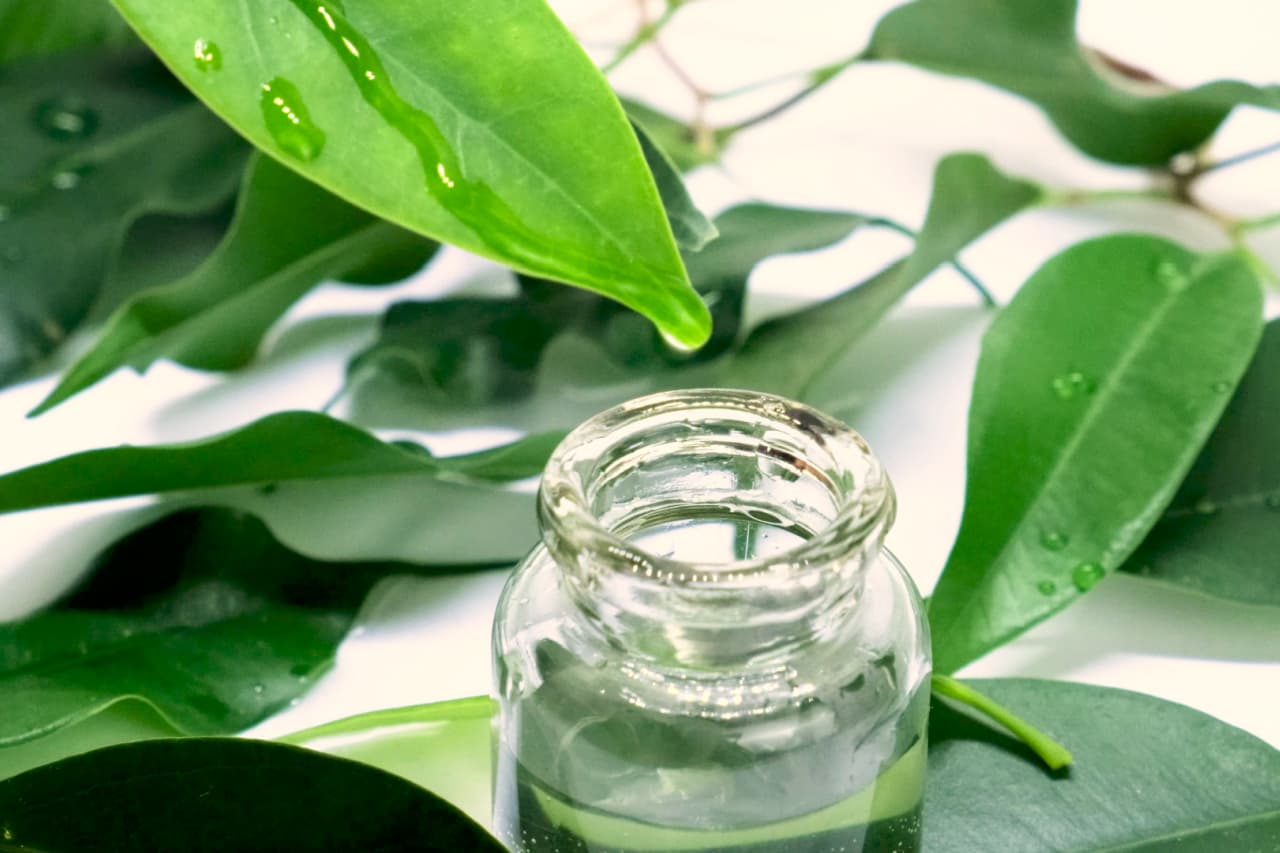It’s easy to think of nutrition and mental health as two separate things – but they’re actually more intricately connected than a lot of people realise. There’s a reason “eat well” is such a common piece of health advice – not only is it good for your body, it’s also good for your mind. And with the extensive range of supplements we supply here at Active Burst, we thought it was worth taking a closer look at the relationship between nutrition and mental health, and how our food choices can influence mood, thinking, and overall mental wellness.
Nutritional deficiencies and mental health
Our mental health relies on essential nutrients like vitamins, minerals, and fatty acids. Essentially, maintaining healthy levels of them plays a big role in keeping you happy and energetic. On the other hand, when we lack these vital elements, it can impact our mood and cognitive function. For example, not getting enough vitamin B12 or omega-3 fatty acids has been linked to higher chances of depression and anxiety.
Similarly, low levels of iron and folate can also negatively affect your mental health, primarily by disrupting neurotransmitter production, causing anaemia, impairing brain function, and elevating homocysteine levels, all of which are associated with increased risks of depression, anxiety, and cognitive decline.
The gut-brain connection
Our gut and brain are more connected than we might realise – so much so that some health professionals have been known to refer to the gut as the ‘second brain’. Stress and worry are two key factors that can often trigger conditions like irritable bowel syndrome, for example.
But just as our mood can affect our gut function, it can work the other way too: the bacteria in our gut, known as the gut microbiota, can influence brain function and behaviour. What we eat affects the balance of these gut bacteria. Diets high in processed foods and sugar can disrupt this balance, potentially leading to inflammation and mental health issues. In contrast, diets rich in fibre, fruits, vegetables, and fermented foods can support a healthy gut environment and may improve mental well-being.
So what kind of supplements can be useful?
Now, before we talk about some of our top suggestions, we should start by saying that supplements are not necessarily a panacea for mental health. They can often be useful, but they work best when they’re used as part of wider holistic approach, incorporating a variety of techniques – some of which may be unique to you. If you’re struggling with your mental health, your very first step should be to talk one-on-one with your GP or a mental health professional, and see what they advise.
If you do sit down with them to discuss taking supplements as part of a wider approach to improve or maintain your mental health, you might want to start by asking them about some of these.
The best supplements for improving mental health typically include those that address common nutritional deficiencies associated with mood disorders and cognitive decline. These may include:
- Omega-3 fatty acids: Found in fish oil supplements, omega-3s support brain structure and function, reduce inflammation, and may alleviate symptoms of depression and anxiety.
- Vitamin B complex: B vitamins, including B12 and folate, are essential for neurotransmitter production and energy metabolism in the brain, making them crucial for mood regulation and cognitive function.
- Vitamin D: Deficiencies in vitamin D have been linked to depression and other mood disorders, so supplementing with vitamin D may help improve mood and overall mental well-being.
- Magnesium: Magnesium plays a role in neurotransmitter function and stress regulation, and supplementation may help reduce symptoms of anxiety and depression.
These supplements can help address nutrient deficiencies and support optimal brain health, but it's important to consult with a healthcare professional to determine the right dosage and ensure safety, especially if you have existing health conditions or are taking medications.
Got questions? No problem! Feel free to contact us via info@active-burst.com or at 07854 492 046, and our team will always be happy to assist you. If you're interested in any of our supplements, including magnesium and other health essentials, check out the ‘All Products’ drop-down menu on our website. Get the best for your body with Active Burst!



